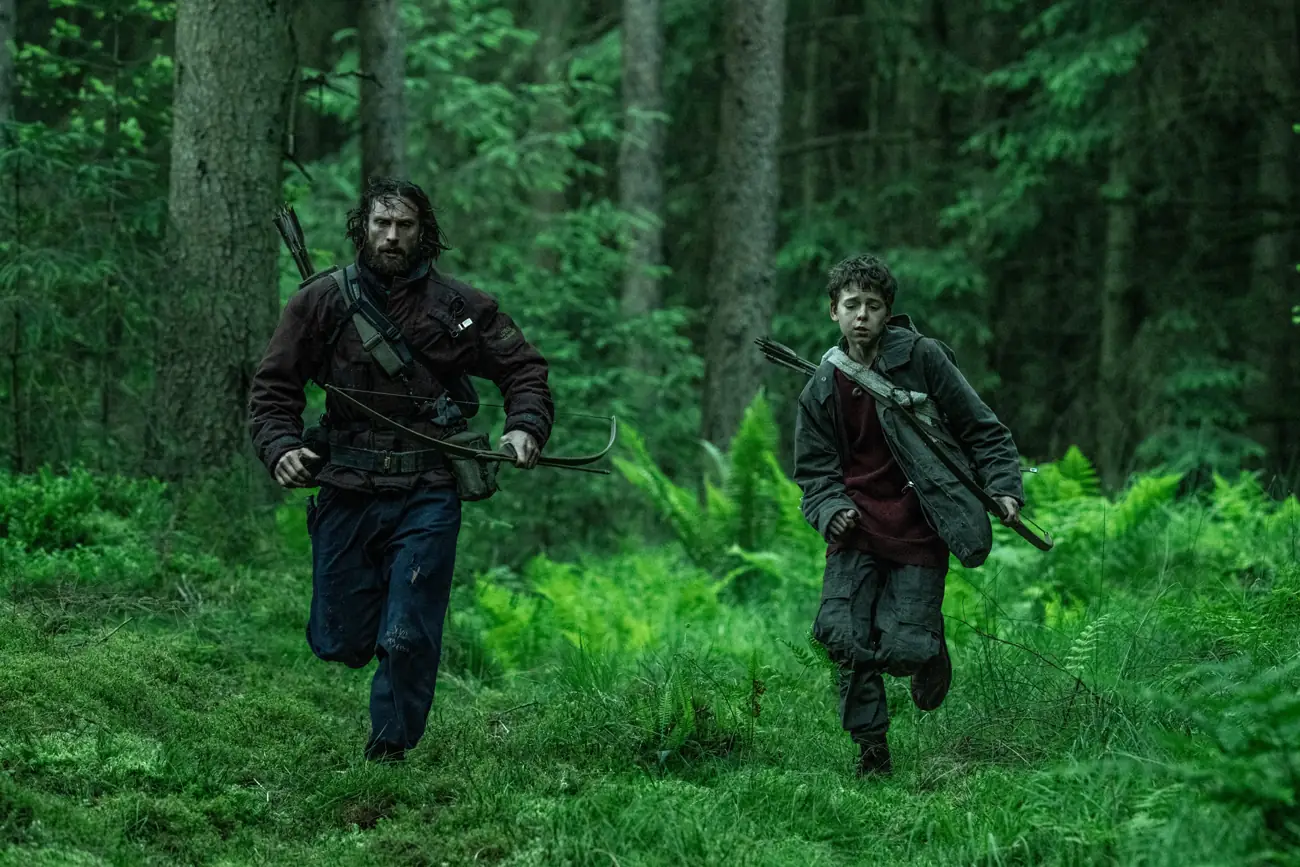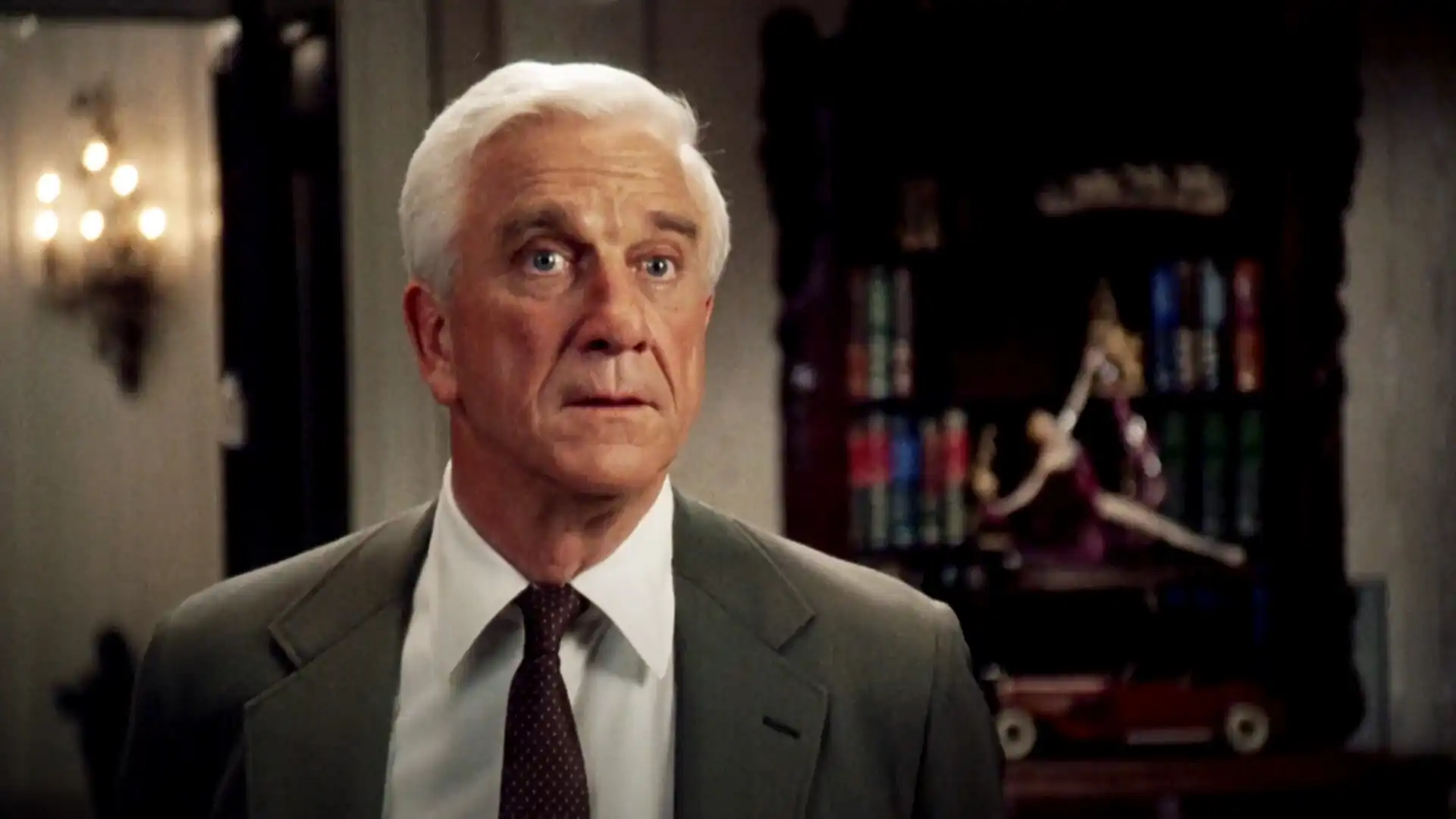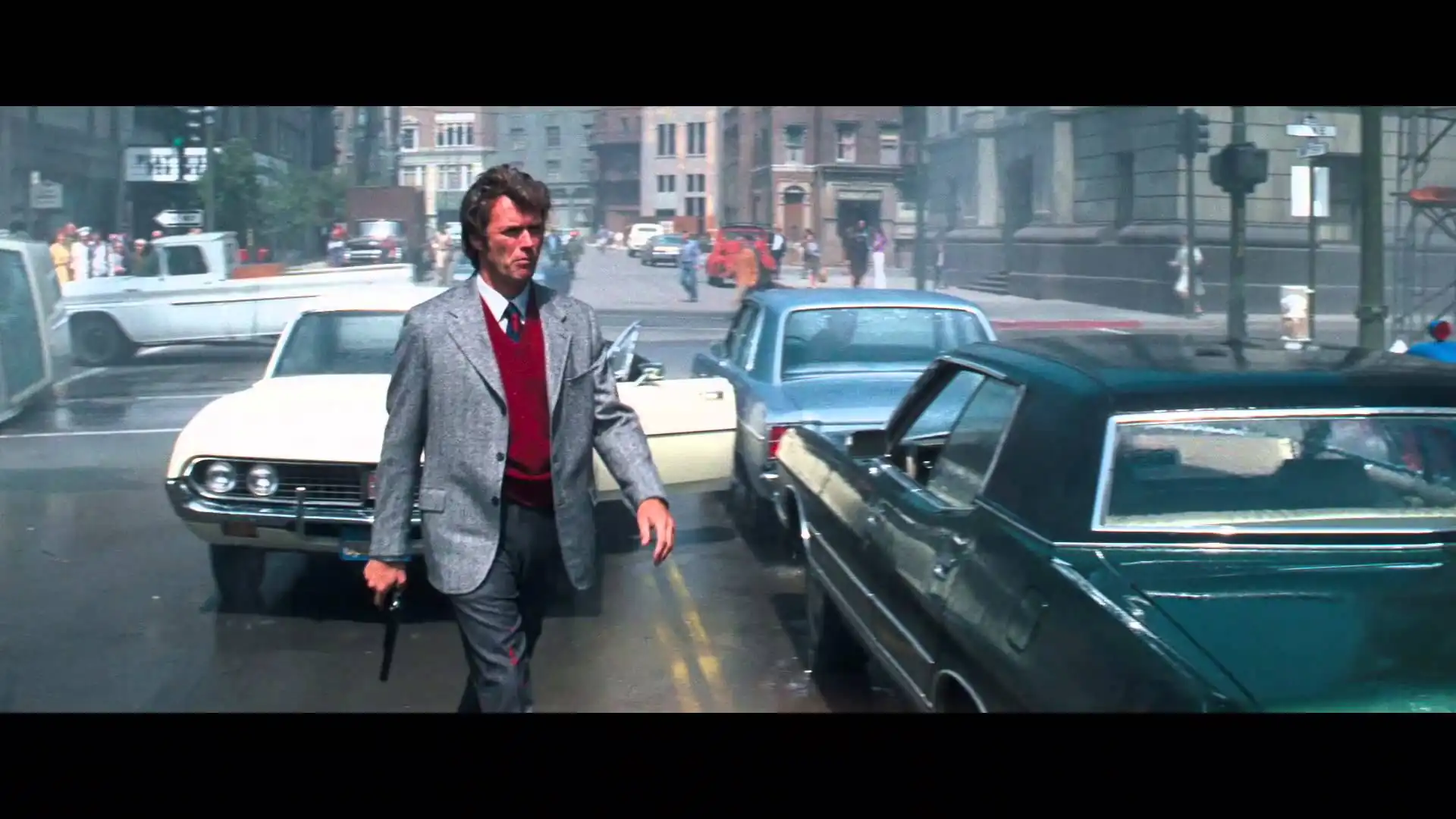(MANK has a limited release in theaters starting November 20. It will premiere on Netflix, December 4.)
Tell the story you know.
Set in the tumultuous decade between 1930 and 1942, MANK follows the first stages of what would become CITIZEN KANE, often considered one of the greatest films ever made. The brainchild of Jack and David Fincher, father and son, it’s a film that has gestated for nearly twenty years itself, brought to life as a love letter and giant middle finger to the industry that bore it. The result is an unapologetically dense picture about cinema that will immediately put off many, just the same as it will drive others to a blissful state of euphoria.
At a remote location somewhere in California, Herman J. Mankiewicz is nursing a broken foot and an impossible task of writing the next great motion picture for young auteur Orson Welles. Mankiewicz, more commonly known as Mank, is less than happy about the circumstances. He has just sixty days to complete the first draft, and Welles is a controlling, if distant, presence, who has confiscated all of Mank’s alcohol.
In between is the story of Hollywood’s turbulent years, where the studio system becomes the monster many feared it would, as the short calm between the two World Wars fills the country with unease.
Gary Oldman, a chameleon at best, showy and gaudy at worst, is at his finest here by disappearing into a showy and gaudy part, but with purpose. Mank has chosen the role of the jester and instantly grown weary of it, realizing that in a town of fools, nobody blinks when he mocks the powerful. So instead of blowing hot air, he fills his body and mind with alcohol, hoping to piss away his days in such a stupor that the executives irritate him just a little less.
The story hops between the 30s and 40s at will, showcasing Mank in both his prime and washed up destitution, though it’s often difficult to tell which is which. Oldman plays both ages, though the film would have you believe he’s merely 40 by the end. Oldman is in his 60s, and the film doesn’t try to hide it.
Nothing for his money but a memory.
MANK looks and feels like a vintage picture, gorgeously rendered in black and white, and recorded with aged equipment for era-specific sound. The luscious cinematography by Erik Messerschmidt is sumptuous, with inky blacks and ethereal silvers filling every frame. The audio crackles and hums, and there are reel-change circles in the corners. For a film shot and edited digitally, there’s an incredible effort made to preserve a historic feel to it.
Similarly, era-specific details shine. Everything from the cars to the clothing look intensely accurate, and the recreation of William Randolph Hearst’s Xanadu is breathtaking. With a reported budget of just 30 million dollars (a fraction of what a TRANSFORMERS movie costs), MANK is a triumph of art and set design.
Character details are more hit-and-miss. For every nuance and surprising tidbit the film gets right, there’s a slew of others that are way off the mark. MANK is a subjective piece, as the name would indicate, but for a film about the dangers of presenting fiction as fact, it feels mighty callous in its portrayal of real people.
Nowhere is this as evident as in the relationship between Mank and Welles, or even Mank and Marion Davies, Hearst’s doted lover and ingénue. Amanda Seyfried is a knockout as Davies, beautifully capturing the conflicted nature of socialite and partner with elegant nuance. How much of their platonic-but-not-quite relationship is accurate remains a mystery. Far more interesting are the politics surrounding Upton Sinclair and his downfall – some of which, Fincher argues, was due to Mank and his big mouth.
Based on the gubernatorial election of 1934, these asides are some of the more fascinating parts of the film. Dealing with the power Hollywood wields, it’s as close to a scathing indictment that Fincher has come to in his career – pulling away only at the last minute, lest he bites the hand that feeds. In reality, Sinclair’s sound defeat came at the hands of the incumbent Republican governor, mainly thanks to every studio head unanimously opposing him and bringing their considerable propaganda machines into the game to prevent change.
Sadly, Sinclair himself is a passing figure, and much of the fracas is in the background. This is still Mank’s story, one that begins and ends on the page.
Thunder, lightning, blood, fire, religion.
When it comes to that, the film soars. History shows there is no anticipation to the question “will he finish the script,” so instead, the story centers on the how, because the why can only be guessed at.
MANK is, after all, a picture of a drunken writer trying to meet a deadline. Everything else is gravy, but the meat and potatoes is Mank writing, writing, and writing. In between, he holds inscrutable court with Hollywood legends, who’ve passed into the annals of history for everyone but the devoted. The dialog is breathless patter filled with industry slang at every corner. People have multiple pet names because a single one is just too common, and MANK expects us to keep up with them all.
But amid the cacophony, it’s Fincher’s nostalgic, almost sentimental streak that surprises. It’s something previously unseen in his entire filmography. A trait reserved for filmmakers like Ron Howard or Steven Spielberg; maestros interested in preserving the image of a golden period in their memories, but not Fincher. He, the shit-stirrer who kicked the hornet’s nest with FIGHT CLUB, couldn’t possibly sink to such saccharine depths.
And yet, MANK is reverent toward the boozy Quixote-like writer, who at all costs tilts at the windmills alone.
It’s as misguided a romantic notion as is the tale of the singular auteur crafting everything by himself. A film is a collection of mistakes and revelations, worked on until it flickers on the silver screen. MANK, portraying Welles as a distant nuisance preening for credit in others’ work, is as believable a portrait as RKO 281 depicting him as a visionary crusader of cultural justice. Both are going to bat for their respective heroes, and both are equally misguided.
For many, MANK will prove an impossible task to enjoy. For some, maybe even just a few, it is a joyous celebration of that which both was and never existed. MANK is a film that is at once nostalgic, bitter, celebratory, spiteful, and more. It’s a reminder that Hollywood exists only in the way studios decide it does, and everything else is bogus. Especially when it’s an olive branch extended by someone pretending to be a friend.













Discussion